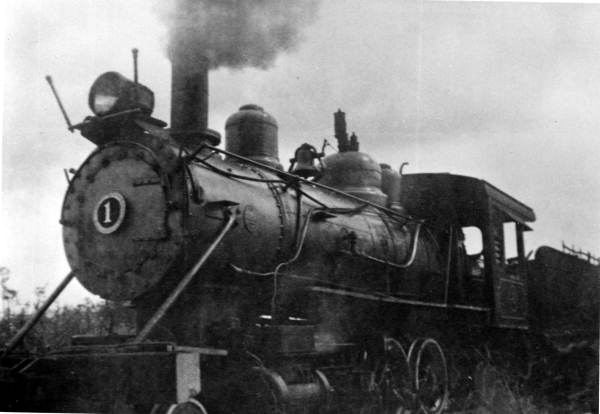Leaders have a great many responsibilities to their organizations, among them to work providing sustained levels of care and influence of their organizations in a manner that is similar to the way a stoker on a steam locomotive or ship is entrusted to keep a fire well-lit and well-managed. It could even be said that stokers and leaders have the same primary objective: To “keep the fire burning” … without getting burned.
Looking back on what we learned in some of our earliest science lessons, we know that a fire requires some form of fuel, an appropriate environment (oxygen), and an ignition source. And we’ve since come to understand fires can begin with differing conditions and can be started with intentions ranging from the altruistic to the malicious. Indeed, fires can help feed, comfort and assist us. But it is highly important that we remember that they can also be destructive.
Fires are oddly similar to many of our own organizations with their interpersonal and interorganizational dynamics. Organizations, created and built upon purposeful objectives and intentions, can also fall prey to becoming uncontrollable new forms of a very different and damaging energy if not properly attended to, supplied and supported.
Those who seek to create an organization or envision a future state of an existing team or group rightly expect to use a variety of resources to sustain the organization. The environment in which that organization will be expected to succeed will also play a prominent role in the future of the group.
Determining these factors must include candid questions such as, “Are we dedicated to providing services or producing products — or both?” or “Are we designed to support other organizations or be a client-facing entity?” The leaders of these companies must also accurately and thoroughly seek to anticipate what type of start toward that desired future state the organization will require. That is, exactly how will it “ignite” itself into action?
Remember the stokers I mentioned earlier? They create and sustain an effective heating and energy supply source in the form of a fire so that an organization can function efficiently and strongly, a responsibility they earn over time because they are trusted. The steam engine trains of yesteryear were powered by energy that came from a fire to power the locomotive car and pull the rest of the train along. The fire had to be well-resourced, supported and supplied consistently so that the rest of the train maintained the right momentum. If the fire became under- or over-fed, the energy it produced would put the train at risk on a dangerous path with no ability to navigate turns and sharp rises and falls in the landscape.Or worse yet, it might simply run out of energy altogether and come to a halt.
Likewise, stoker-leaders learn to properly read the indicators that inform them on how the organization is performing and use that information to accurately plan for what lies ahead. They also gain information and share it with others who oversee other areas of the organization to confirm their interpretations of the data they’ve seen.
This experience is rewarded when the stoker-as-leader is given the opportunity to take a bigger organization, perhaps with greater purpose and a broader mission or during a more challenging path in the future, toward its nest desired future state. Stokers-as-leaders are always rewarded over time with greater responsibility that can only come from greater levels of trust. Those who once maintained boilers with superior skill in a large factory or apartment building as cities were being created soon found their way onto locomotives as an entire country became connected, and those most-successful in those engine compartments made their way onto steamships as they began to sail across the oceans.
Perhaps the most important common trait between stokers and leaders isn’t in the personal talent each possesses or in the manner in which they grow themselves. The most valuable and lasting characteristic of stoker-leaders is how they so freely share their expertise, teach and actively develop the skills of their apprentices at a starting point far ahead of where the stoker-leader began, all in the spirit of ensuring that their organizations arrive to every future state they aspire.
This article was originally published at http://www.campussecurityreport.com
